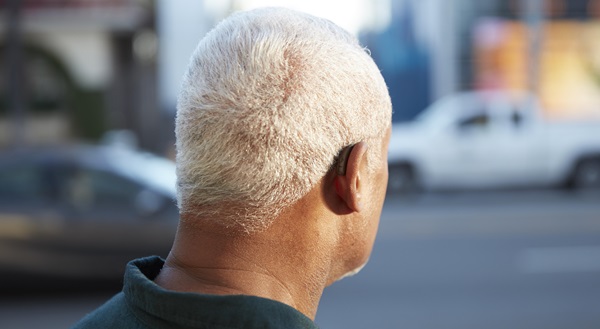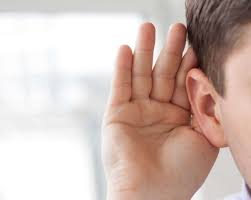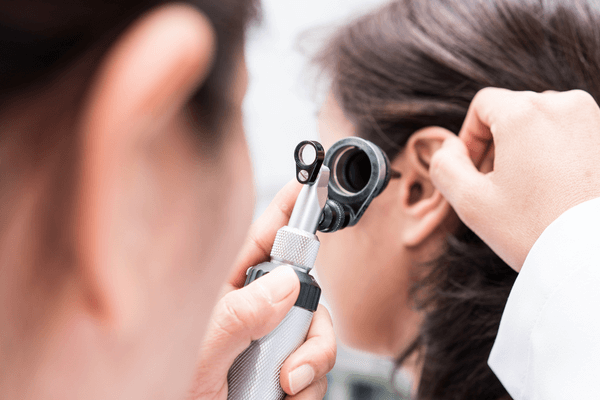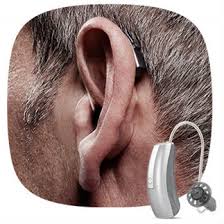When we think about happiness, we probably imagine a special memory we shared with a loved one, laughing with friends around the dinner table, or enjoying our favorite activity. Happiness probably conjures up similar memories and hopes in most of us. Some common things that make people happy are: family, vacations, lazy Saturdays, sunshine, chocolate, and hearing aids.
While not typically the first things that enter our mind when thinking about happiness, if you or a loved one suffer from any degree of hearing loss, perhaps they should be. Study after study has shown the clear connection between both hearing aids and happiness, as well as untreated hearing loss and mental health concerns such as depression and anxiety.
We’ve outlined 3 very important ways that treating your hearing loss with hearing aids can make you happier.
1. Better Relationships with Friends and Family:
It is well documented that people with untreated hearing loss are at a high risk of becoming socially isolated. It makes sense, when you’re constantly straining to understand conversations, gatherings with friends and family can easily become tiring, frustrating, and downright difficult.
When treated with hearing aids, many of these concerns are virtually eliminated. A recent survey of about 4,000 adults with hearing loss by the Hear-The-World Foundation found that about 70% of respondents reported hearing aids having a profoundly positive impact on their relationships.
If you think this study is an isolated case, think again. The international non-profit organization Hear-It analyzed almost every peer-reviewed article on the benefits of using hearing aids from Australia, Europe and the US. Their findings? The overwhelming majority showed an overall improvement in quality of life, with the most profoundly positively affected area being in social and family relationships.
2. More Work Productivity:
We all know that money doesn’t buy happiness, however, it doesn’t hurt to get paid for your hard work – and feel successful while doing it. A recent study conducted through the University of Texas found that after only two weeks of use, hearing aids increased cognitive function in adults in their 50s and 60s with mild hearing loss when completing work related tasks. Their work productivity also increased significantly.
It has also been shown that those with untreated hearing loss are rated as less competent at their jobs than their peers with hearing loss treated with hearing aids. On average, people with severe hearing loss earn about $14,000 less per year than those without hearing loss. We all know that we’re happier when we feel like we’re good at our jobs, liked by our co-workers, and earning a salary we deserve.
3. Lower Risk of Depression:
Multiple studies have pointed to the clear connection between untreated hearing loss and depression. In a recent study by the National Institute on Deafness and Other Communication Disorders, (NIDOCD), it was found that while only 5% of the population with normal hearing suffered from depression, that number was more than doubled for those with untreated hearing loss. In the same study, it was also concluded that those with hearing loss who do not wear hearing aids are much more likely to develop a major depressive disorder than those with the same degree of hearing loss who use hearing aids.
Another study concluded that hearing loss was associated with an increased risk for depression – especially in adults between 18-69. A study by John Hopkins came to similar conclusions – stating that those with untreated hearing loss are about 57% more likely to develop depression than those without hearing loss.
Do you think hearing aids may make you happier? Contact us at Purchase Ear Technology located at 2008 Broadway St, Paducah, KY 42001 or call us at (270) 558-3996. We look forward to helping you in rediscovering your happiness with hearing aids.










